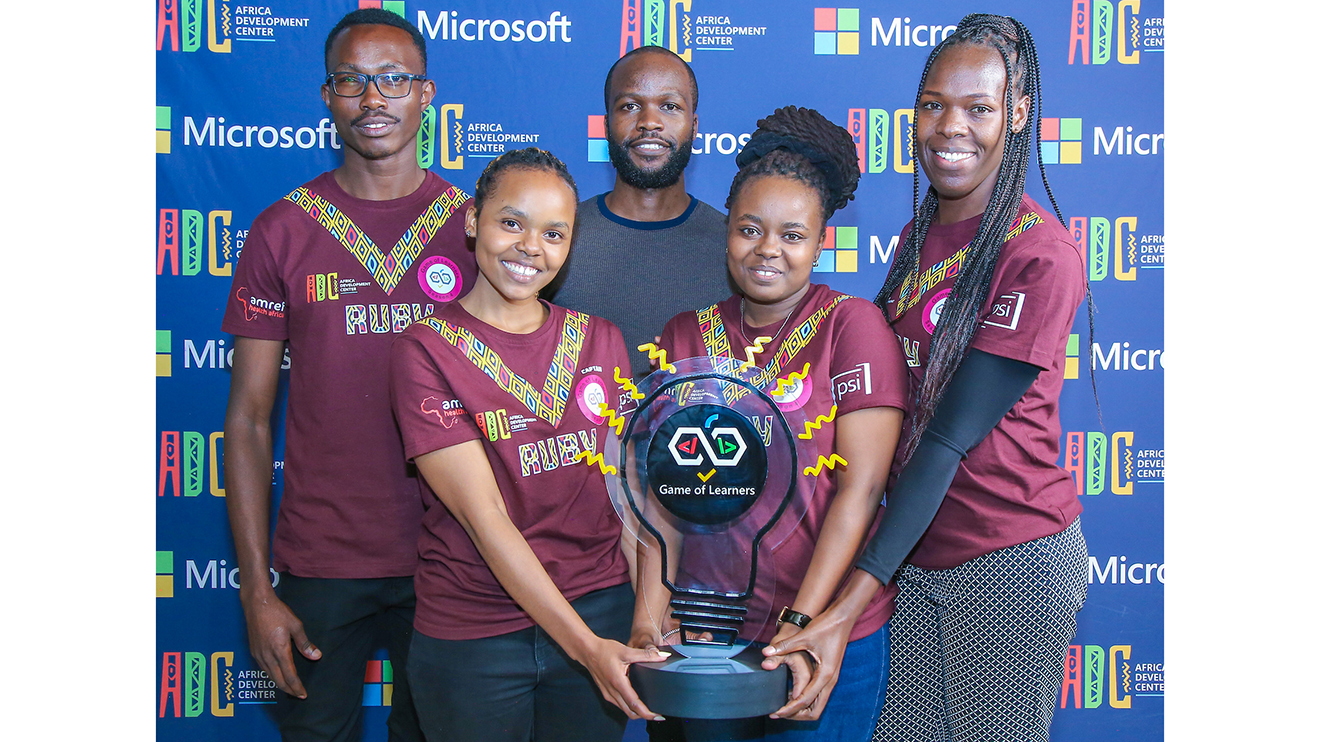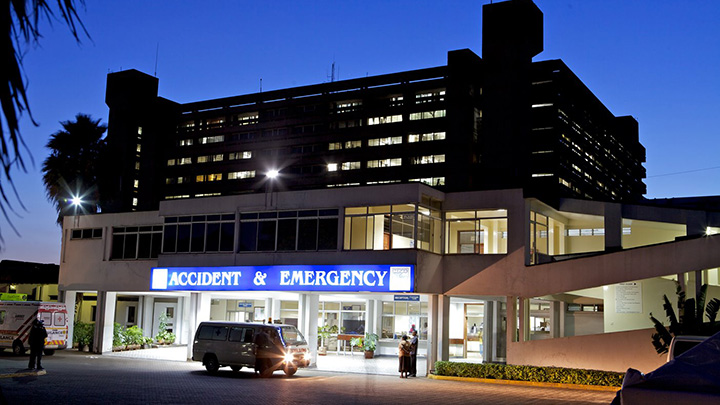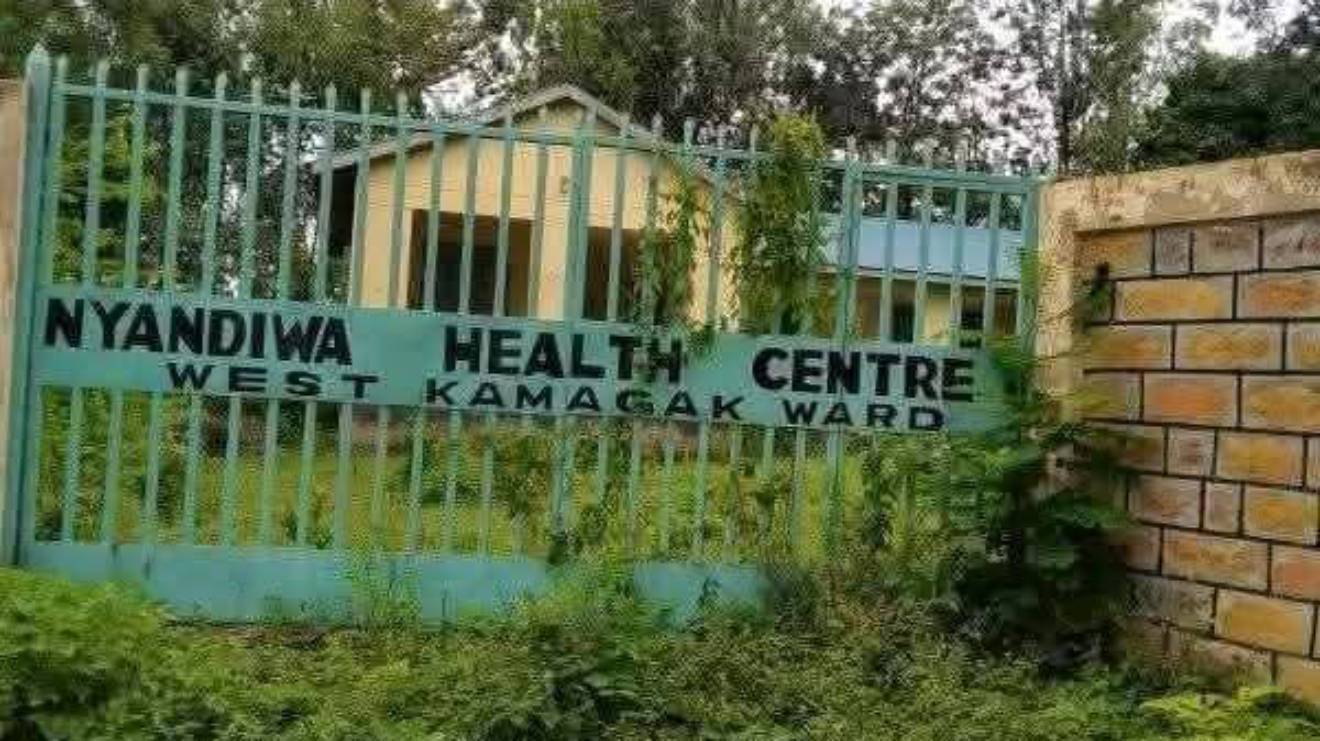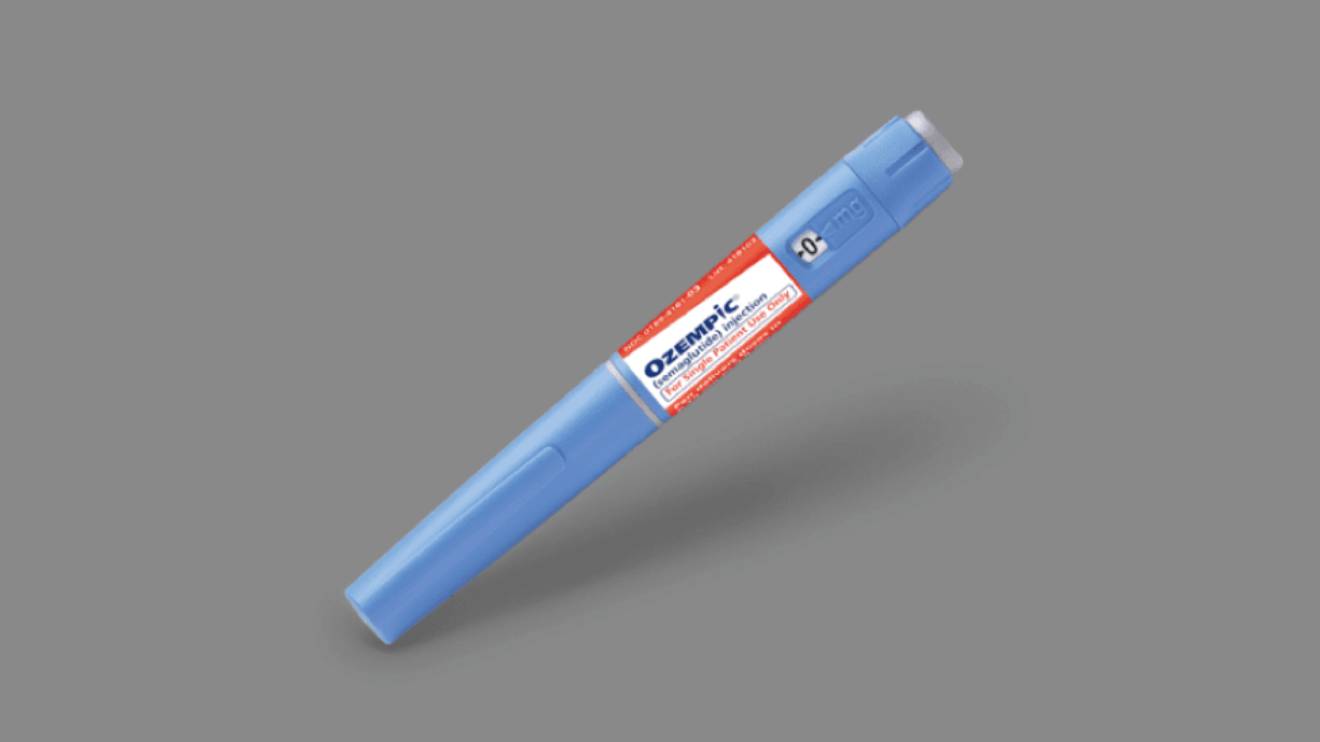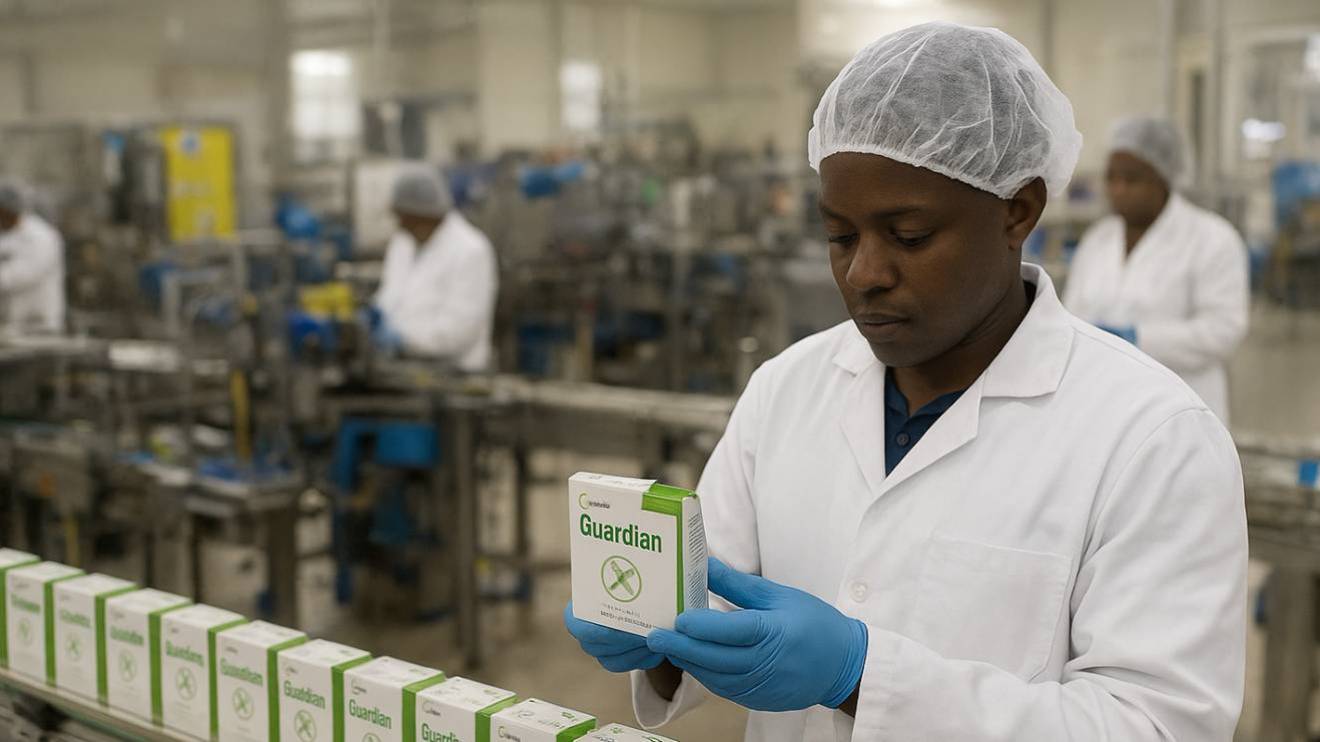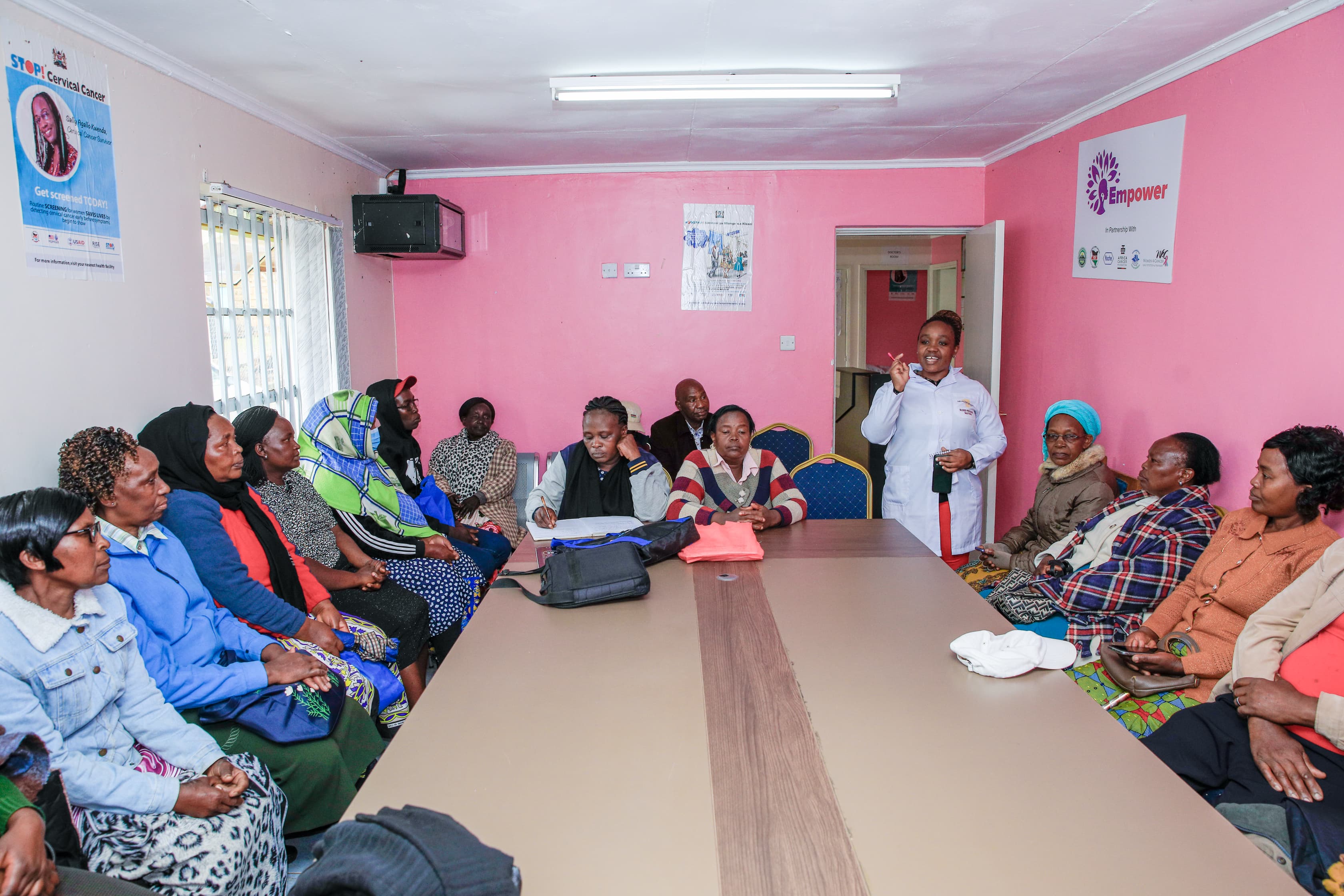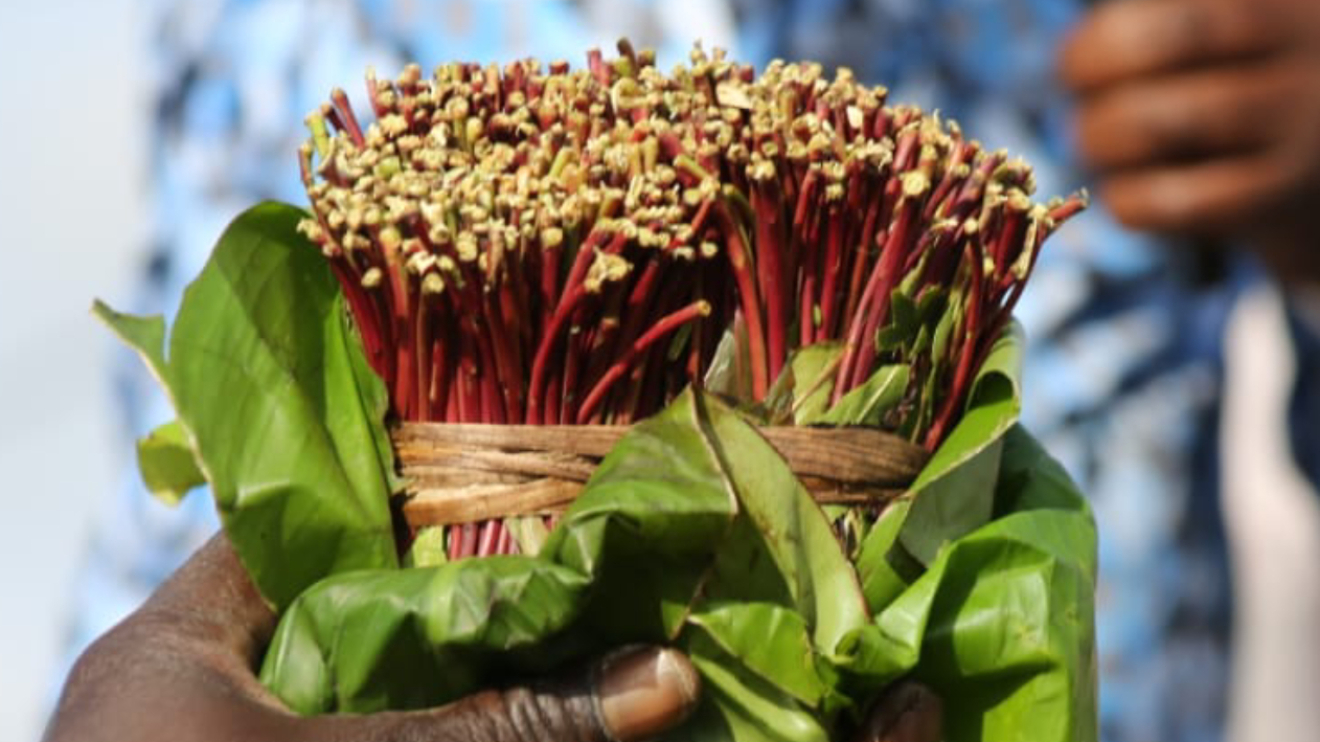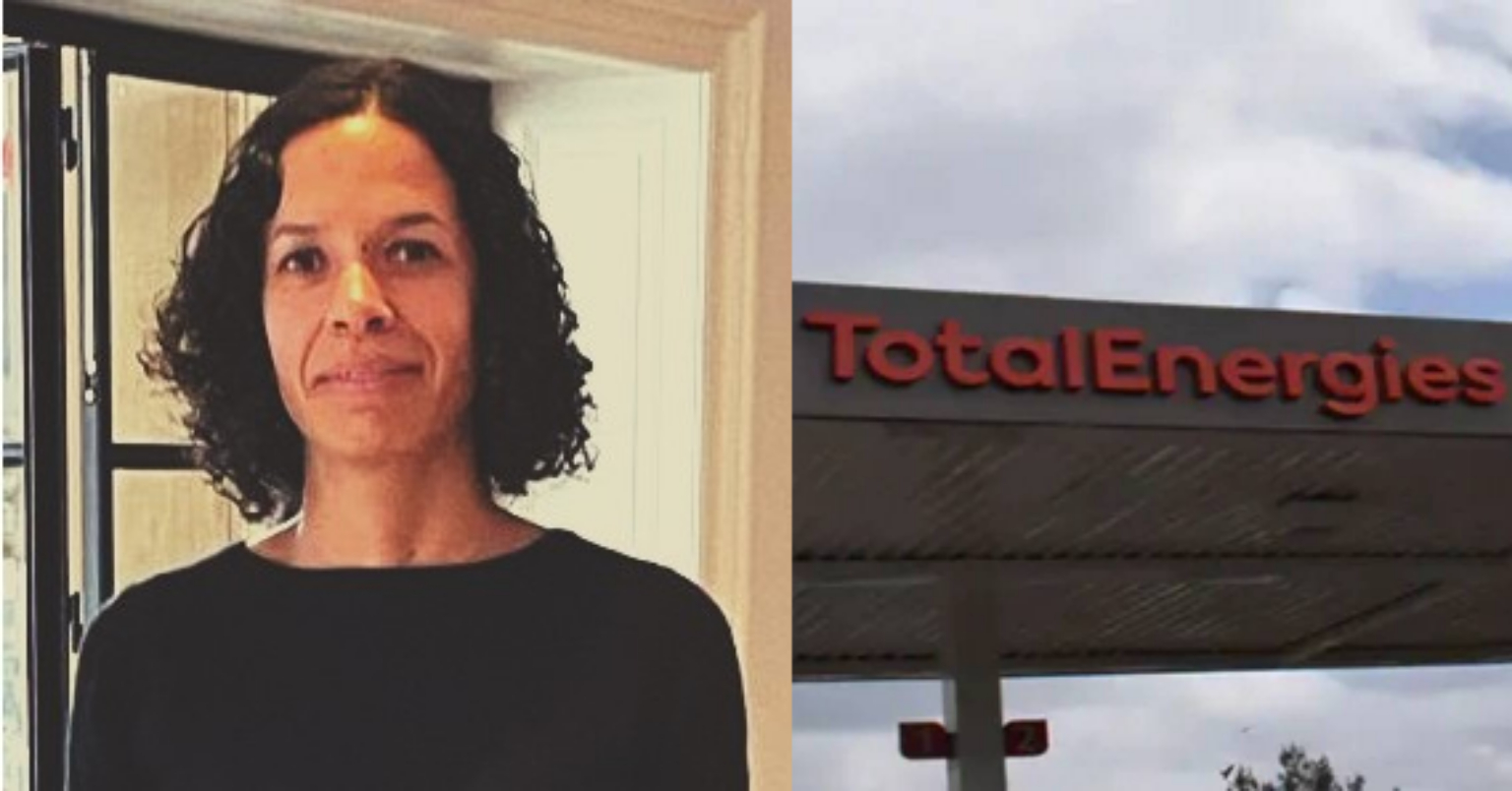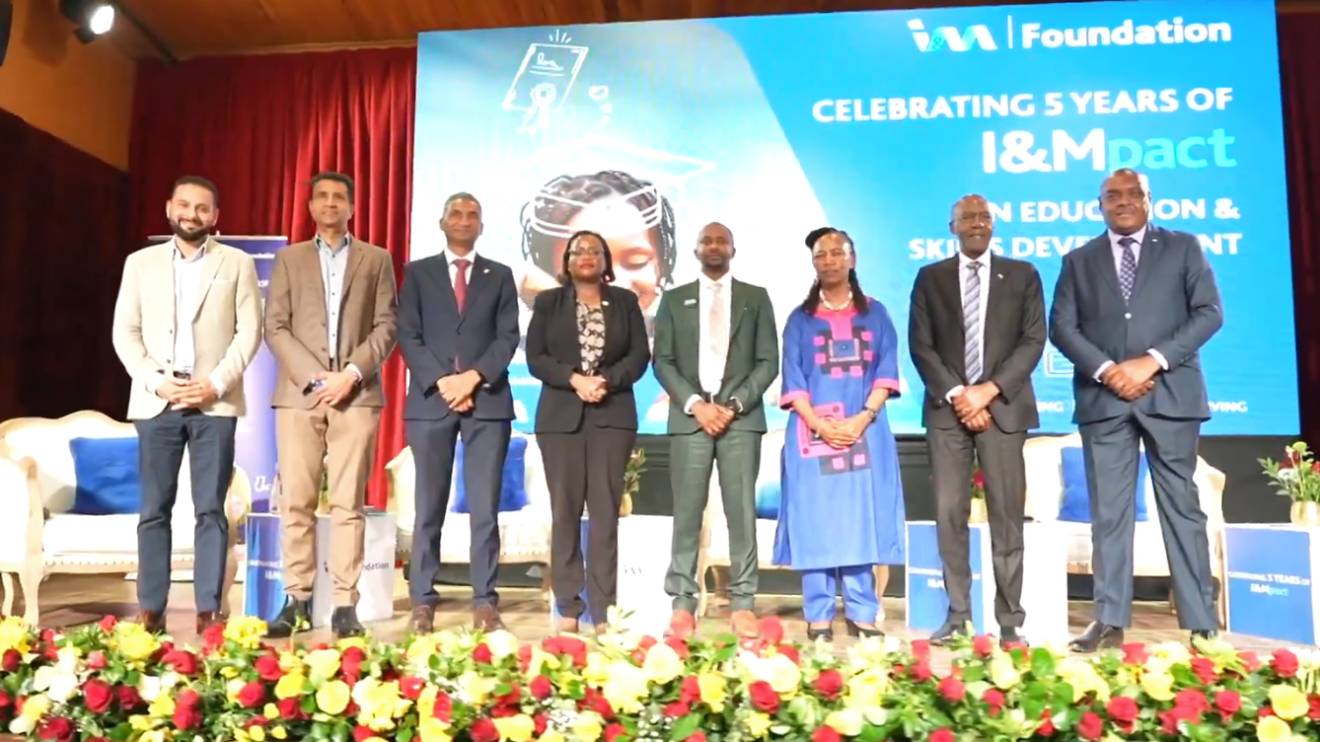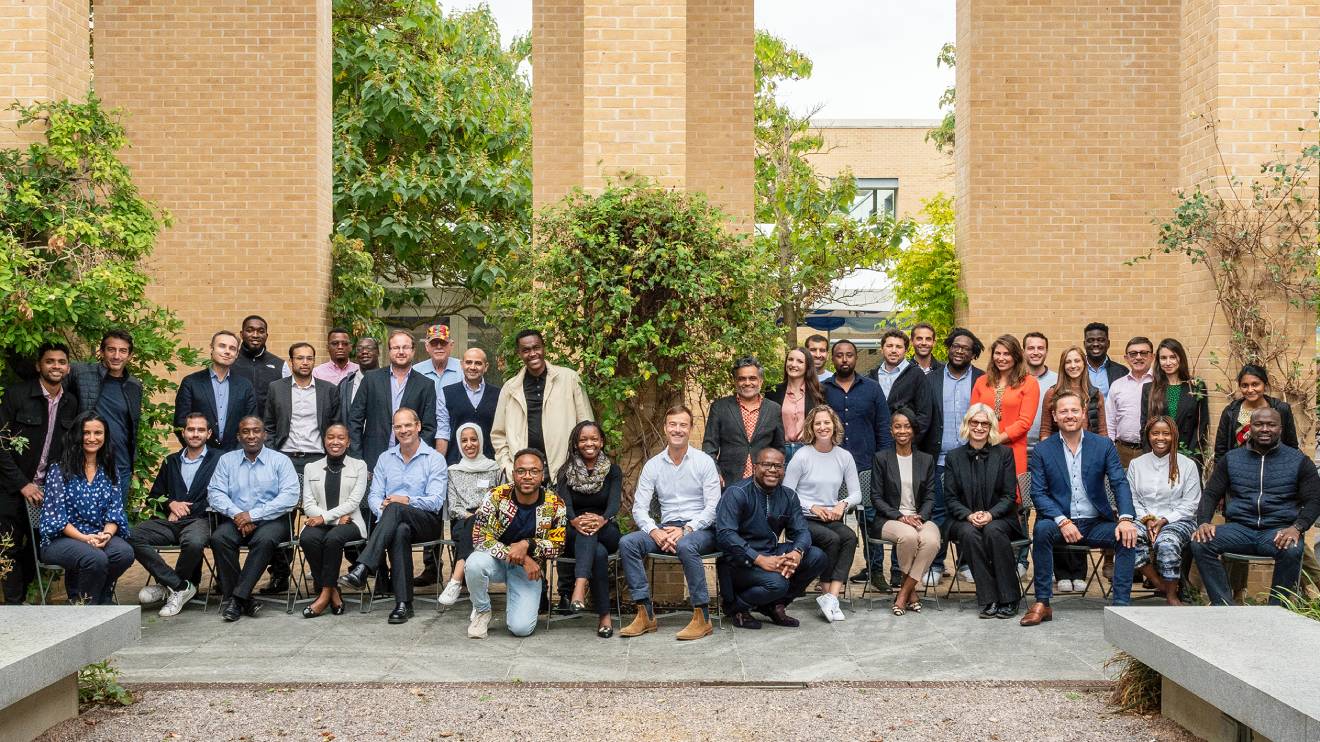An invention that translates local dialects into English or Kiswahili to enable doctors to diagnose patients' symptoms remotely has won Season 4 of the Game of Learners (GOL) competition.
The solution developed by Team Ruby consisting of four university students is christened 'Jambo Care' and trounced 16 other teams from universities across Africa to bag the season on Friday.
The season’s challenge sought to develop technological solutions for hurdles facing Africa's healthcare featured more than 80 students from 11 African countries with an equalgender split.
Microsoft African Development Centre (ADC) partnered with Population Services International (PSI) and AMREF Health Africa for a five-week hackathon to design and build technology solutions that make primary healthcare more accessible to people.
This was based on the various challenges African healthcare systems face including poor health infrastructure, shortage of healthcare personnel, limited access to essential medicines, low health literacy, and poor health-seeking behaviour.
Read More
The hurdles make make it hard for individuals and communities to get high-quality care hence improving access to affordable digital technology provides a chance to tackle those challenges.
“Our translator aims to bridge the communication gap whereby the healthcare provider and the recipient don't have a common language of communication. This will ensure effective healthcare delivery,” said Team Ruby captain Lucy Alphonce.
Season 4 of Game of Learners sought to delve into the question of how development in digital technology can enhance access to health information, products and services by consumers.
.jpg)
Participants in GOL got tailored training on health system challenges, digital health development principles, and how to use insights to advance user-centred designs from the three partners.
They also received training on customer acquisition for digital health solutions and health financing among other crucial and relevant topics.
Participants in five groups had five weeks to create solutions, including the most recent innovations in digital health technology, including Artificial Intelligence, Chatbot solutions and Telemedicine.
“As part of this year’s competition, we challenged participants to delve into the healthcare sector, identify a unique challenge, and design a tech-based solution,” Microsoft ADC Regional Head of Student & Community Engagements Ruth Ferland said.
She added, “Through the competition, we can obtain what we hope will be a creative solution to one of our long-standing healthcare challenges and assist them in learning more about technology and how to use it for good.”
PSI has pledged to give some students internships to improve their knowledge in digital health as AMREF Health offer three-month technical support to the best two teams to grow their innovations.
PSI Deputy Director of Digital Health & Monitoring Wycliffe Waweru said they are seeking opportunities with innovation hubs to host some of the solutions the youth developed to aid them to access the market.
“For individuals interested in pursuing a career in digital health, we shall offer internships for them to come and work with our teams for practical and hands-on interaction with other digital health solutions,” said Waweru.
On her part, AMREF Health Innovations Lead Kitawa Wemo said the organisation’s digital and data strategy is focusing on supporting young people who are building digital technologies for health.
“By leveraging digital technologies, we can improve data management, promote telemedicine and remote patient monitoring, provide health education, and promote global collaboration and knowledge-sharing,” Wewo stated.

